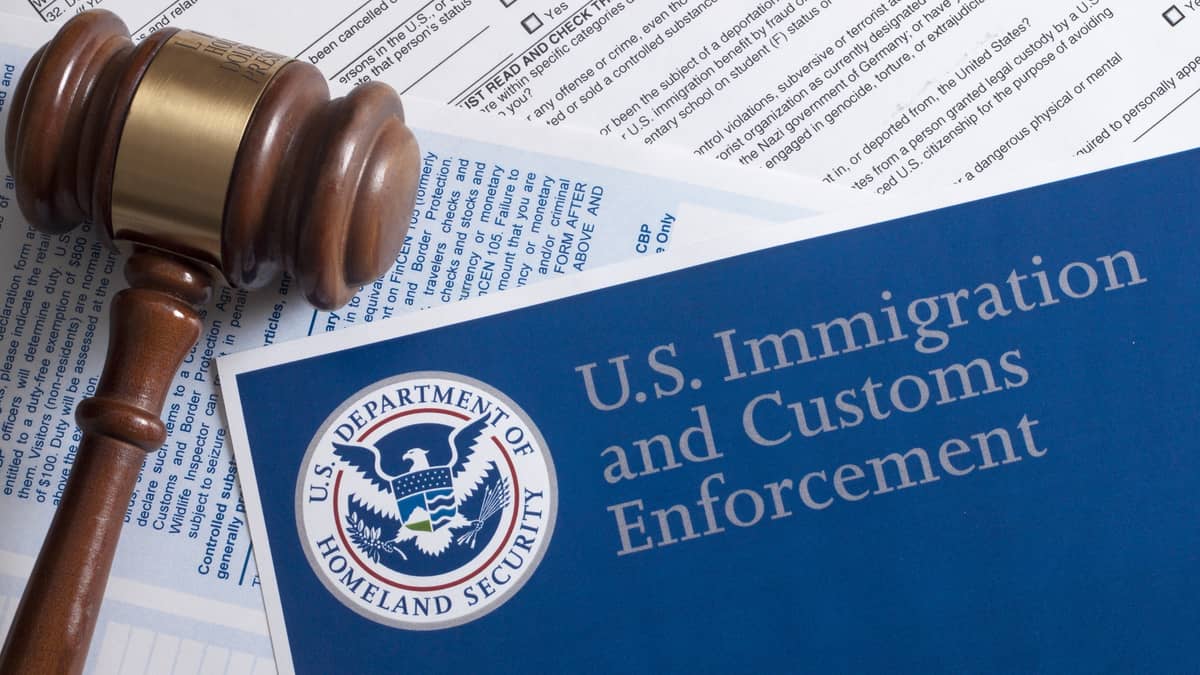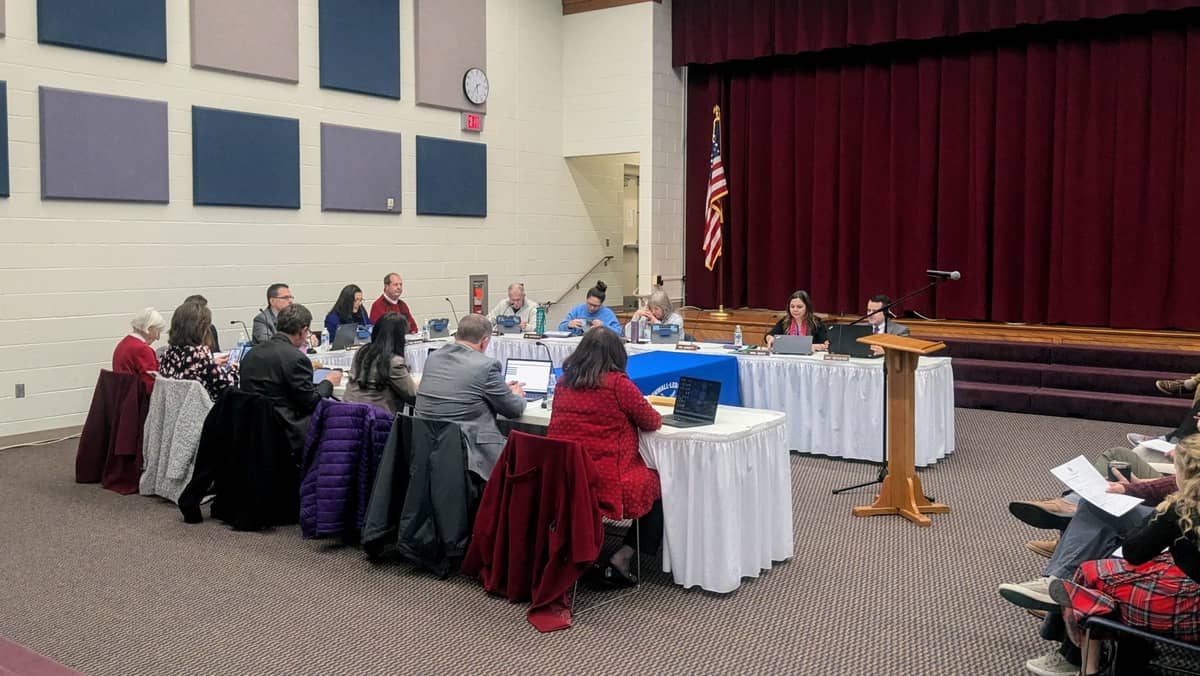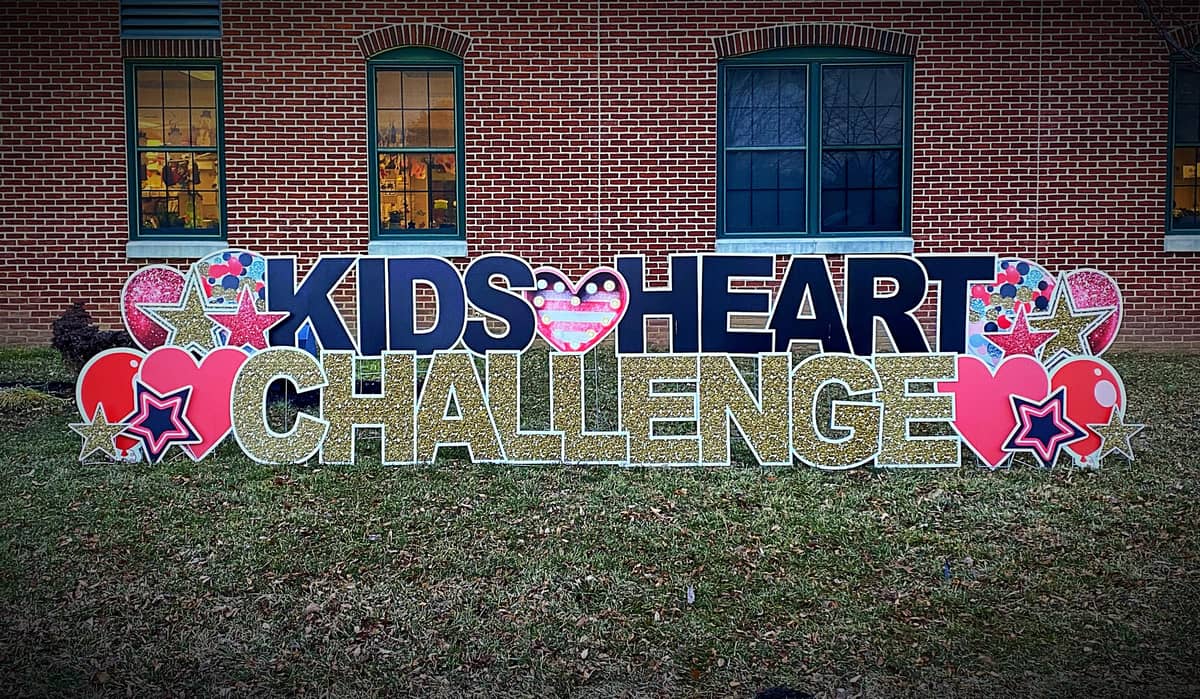For over a decade, federal agencies charged with enforcing immigration laws have followed guidelines for enforcement operations targeted at churches, schools, and medical facilities.
Known as “guidelines for enforcement actions in or near sensitive areas,” they restricted such activities, even when otherwise permitted by law. The rationale was that raids on such places might discourage people from seeking necessary services for themselves and their families.
That changed on Jan. 20 when the Trump administration lifted restrictions on when immigration enforcers can enter such facilities to make lawful arrests. A Department of Homeland Security press release announced the rescission of guidelines “that thwart law enforcement in or near so-called ‘sensitive’ areas.” The announcement was based on a memorandum written by the acting DHS secretary.
According to a DHS spokesman, eliminating the guidelines “empowers the brave men and women in CBP (Customs and Border Protection) and ICE (Immigration and Customs Enforcement) to enforce our immigration laws and catch criminal aliens — including murderers and rapists — who have illegally come into our country. Criminals will no longer be able to hide in America’s schools and churches to avoid arrest. The Trump Administration will not tie the hands of our brave law enforcement, and instead trusts them to use common sense.”
ICE, as all law enforcement agencies, will still need a court-ordered warrant or an owner’s permission to enter private areas of such facilities, broadly defined as areas not freely accessible by the public.
ICE agents have always been allowed to enter public areas of such facilities without permission or court authorization. Public areas traditionally include lobbies, waiting areas, and parking lots.
LebTown contacted local schools, churches, and hospitals to see if they have taken any steps to prepare for changes in immigration enforcement.
None reported being the target of immigration enforcement since the Jan. 20 changes. Most reported they were aware of the changes and reviewing their existing policies, but had so far not implemented any changes.
Hospitals
WellSpan Health System, operator of Lebanon’s Good Samaritan Hospital, sent an email to nurses on Feb. 3, saying in part “recent federal directives now allow immigration enforcement in locations like hospitals, which may cause uncertainty or fear for some of our patients or families.” The email, obtained from a WellSpan employee who asked not to be identified, went on to say “[p]lease share with your teams that HIPAA guidelines protect our patient’s privacy including the documentation of immigration unless it is directly relevant to their care.”
The WellSpan email added, in bold type, “Additionally please ensure all of your team members at each physical location have a clear understanding of which areas are considered public vs. private.”
Penn State Hershey Medical Center has not issued or changed procedures in response to the administration’s lifting of enforcement restrictions.
Spokesperson Barabara Schindo told LebTown in a Feb. 7 email “our policies remain unchanged. Penn State Health and Penn State College of Medicine have circulated guidance to our employees and students to reinforce a consistent and cooperative response to potential engagements with ICE officers, extending the same professional courtesy we would to any members of law enforcement. Patient care remains the first priority in all of our clinical settings and we continue to provide quality medical care to all patients in a safe and confidential manner.”
Schools
In the Lebanon School District’s February newsletter, superintendent Nicole Malinoski told city parents “we understand that recent information regarding U.S. Immigration and Customs Enforcement information may cause anxiety for some students and families. We want to reassure you of our unwavering commitment to the well-being of every child in our schools.”
Malinoski emphasized that the city schools are “committed to protecting student privacy under the Family Educational Rights and Privacy Act (FERPA). Personally identifiable student information is not shared without parental consent or a valid subpoena. Additionally, under Pennsylvania School Code, we do not inquire about or maintain records regarding the immigration status of our students or their families.”
In a Feb. 5 email, Eastern Lebanon County School District superintendent Julia Vicente did not cite any specific district response to the recent DHS changes, but said her district “is committed to complying with state and federal laws, as well as educating our school-aged children in a safe and supportive learning environment.” She also referred to Pennsylvania Department of Education regulations that forbid schools from inquiring about a student’s immigration status at enrollment time.
Vicente concluded by stating that “if federal immigration authorities seek personally identifiable student information, those inquiries will be handled in a manner that complies with the federal Family Education Rights to Privacy Act (FERPA) and its implementing regulations. If those authorities were to seek entry into our schools, we would confirm that a valid judicial warrant exists to permit such access in compliance with the law.”
Amy Wissinger, spokesperson for the Cornwall-Lebanon School District, told LebTown last week that the district “has not revised its policies or issued new guidance to staff.”
Cornwall-Lebanon hasn’t posted any additional information on its website or public social media pages.
Northern Lebanon School District, according to superintendent Gary Messinger, is gathering information from its solicitor to see if any policies or procedures need to be revised. He said they have not made any changes at this time.
“We are currently analyzing the guidance,” he said via email on Feb. 4. “I am not willing to speculate on that until we have the opportunity to study the guidance that we have received and compare that to our current policies.”
The district’s policies, available through BoardDocs online, outline how school personnel should collaborate with law enforcement when there is an active threat or danger to students or staff. There is no mention of engaging with law enforcement agencies due to student immigration status.
Annville-Cleona School District superintendent Krista Antonis responded to LebTown via email on Feb. 5.
“Our administrative team is working through these changes in collaboration with our school district solicitor to make sure we are maintaining a safe and supportive environment for all students,” she said.
Palmyra Area School District, like many others, is looking into the possibility of changing procedures, said superintendent Bernie Kepler.
PASD is aware of the issue and has preliminarily reviewed processes,” he said. “We are currently working with our legal counsel to address this issue.”
Houses of Worship
The Roman Catholic Diocese of Harrisburg, which oversees six Catholic churches and one mission in Lebanon County, is taking no action. Diocesan spokesperson Rachel Bryson told LebTown that, “consistent with our policies, we expect all our parishes and Catholic schools to cooperate with law enforcement officials, allowing them to complete their work with no interference. We continue to pray that our government leaders will enact policies that are compassionate and will respect the God-given dignity of all persons and further the common good.”
According to Deb Waters, head of school at Our Lady of the Cross Catholic School, which is not affiliated with the Harrisburg Diocese, her school’s policy is similar to the diocese’s, and she expects no changes.
Cantor Marilyn Selby Okoshi, spiritual leader of Congregation Beth Israel, the county’s only synagogue, said last week that her congregation had not considered taking any action in light of the administration’s changes.
Rector David Zwifka at St. Luke’s Episcopal Church in Lebanon, a member of the Bethlehem Episcopal Diocese, told LebTown on Feb. 7 they had received no new guidance. “I have not received anything from our bishop … that anything should be different than it already is.”
Questions about this story? Suggestions for a future LebTown article? Reach our newsroom using this contact form and we’ll do our best to get back to you.

Be part of Lebanon County’s story.
Cancel anytime.
Monthly Subscription
🌟 Annual Subscription
- Still no paywall!
- Fewer ads
- Exclusive events and emails
- All monthly benefits
- Most popular option
- Make a bigger impact
Already a member? Log in here to hide these messages
Local news is a public good—like roads, parks, or schools, it benefits everyone. LebTown keeps Lebanon County informed, connected, and ready to participate. Support this community resource with a monthly or annual membership, or make a one-time contribution. Cancel anytime.























